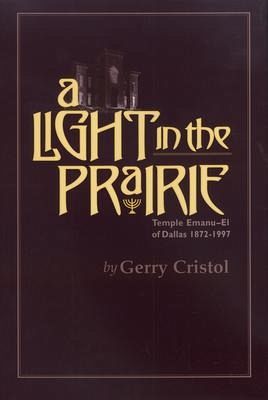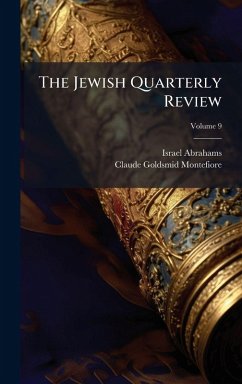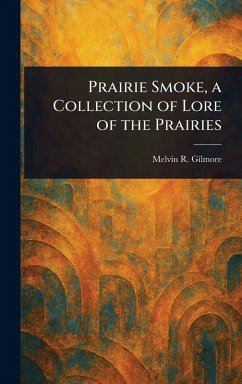
A Light in the Prairie
Temple Emanu-El of Dallas, 1872-1997 Volume 17
Versandkostenfrei!
Versandfertig in über 4 Wochen
22,99 €
inkl. MwSt.

PAYBACK Punkte
11 °P sammeln!
Temple Emanu-El, the first Jewish congregation in North Texas, has played a historic role in the growth of Dallas. Founded in 1875, the temple evolved from the Hebrew Benevolent Association, organized in 1872 by eleven men who established a cemetery and held the first Jewish services. This initial gathering of pioneer Jews occurred just two weeks before the arrival of the first train - the indispensable catalyst for Dallas' development into a bustling commercial center. While retaining the basic principles of their ancestral faith, Temple Emanu-El's Reform Jews adapted their religious practice...
Temple Emanu-El, the first Jewish congregation in North Texas, has played a historic role in the growth of Dallas. Founded in 1875, the temple evolved from the Hebrew Benevolent Association, organized in 1872 by eleven men who established a cemetery and held the first Jewish services. This initial gathering of pioneer Jews occurred just two weeks before the arrival of the first train - the indispensable catalyst for Dallas' development into a bustling commercial center. While retaining the basic principles of their ancestral faith, Temple Emanu-El's Reform Jews adapted their religious practices to conform to the secular demands of life in America. With confidence in the city's promise of progress, congregants actively promoted Dallas' business, civic and cultural development. Each succeeding generation of temple families produced important leaders whose contribution to the advancement and enrichment of both the temple and the city shaped both. The temple's rabbis addressed controversial issues - Dr. David Lefkowitz denounced the Ku Klux Klan in the early 1920s and Levi A. Olan preached to the troubled city after President Kennedy's assassination in 1963.












